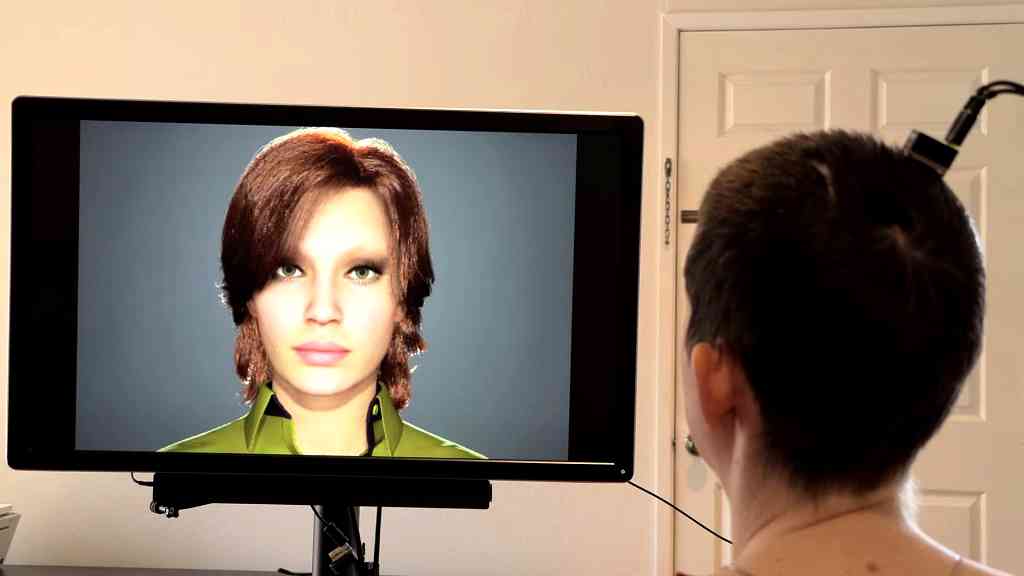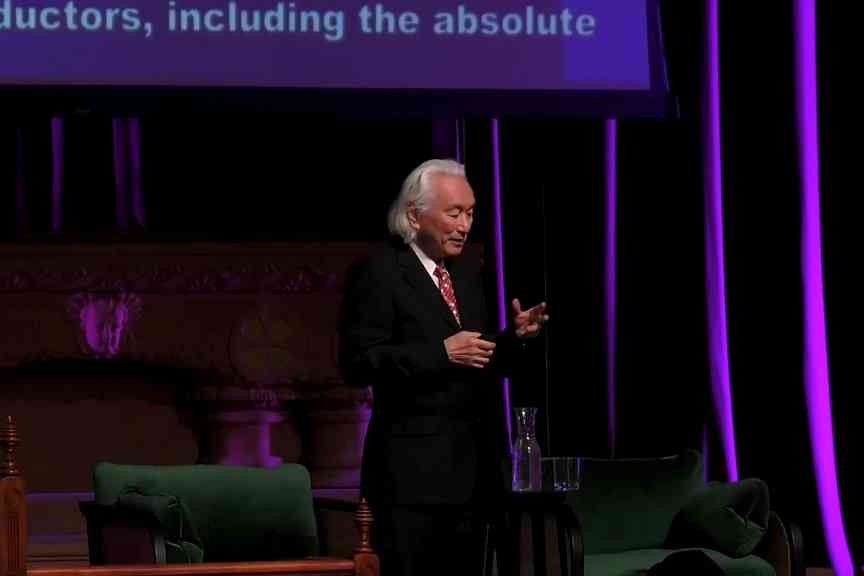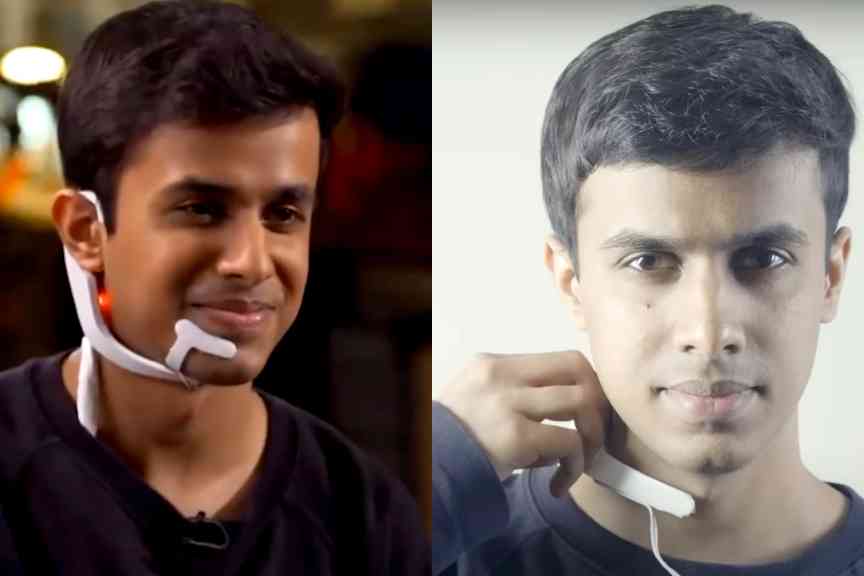AI-powered brain implant helps paralyzed woman speak again



By Bryan Ke
August 24, 2023
A group of researchers from the University of California, Berkeley (UC Berkeley) and the University of California, San Francisco (UCSF) has successfully helped a paralyzed woman speak again using a brain implant powered by artificial intelligence (AI).
Key details: The study, led by the chairman of neurological surgery at UCSF, Edward Chang, was published in two separate reports in Nature on Wednesday. The implant was also showcased in a video uploaded by Nature to YouTube on Tuesday.
How it works: The group implanted 253 paper-thin, rectangular electrodes on the part of the woman’s brain that sends signals to the muscles responsible for speaking. After several weeks of algorithmic training, the AI managed to decode her brain activity into facial movements associated with a vocabulary of more than 1,000 words.
Ann was able to convey a message through an avatar using a synthesized voice that was created from recordings of Ann speaking at her wedding.
“Restoring voice alone is impressive, but facial communication is so intrinsic to being human, and it restores a sense of embodiment and control to the patient who has lost that,” Michael Berger, CTO and co-founder of Speech Graphics, said.
The other study: The group previously used a brain-computer interface in another study in which they helped Pat Bennett, a 68-year-old woman who was suffering from amyotrophic lateral sclerosis, or motor neurone disease, to speak again.
Using AI and two tiny sensors connected to two separate regions of her brain, the study yielded promising results, with the data showing that Bennett was able to communicate at an average rate of 62 words per minute.
Their goal: The group’s aim is to “restore a full, embodied way of communicating, which is really the most natural way for us to talk with others,” Chang said.
Share this Article
Share this Article





